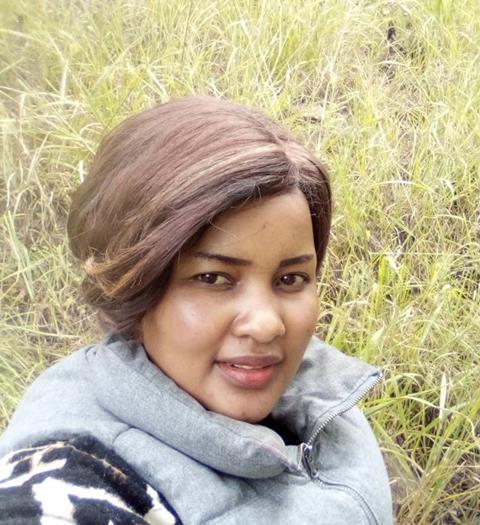Doris Maina, CEO of Muranga County-based Jayashah General Supplies, talks about rising standards in Kenyan avocados, the impact of climate change and the main challenges facing the country’s small-scale farmers
Could you tell us a bit about your company and how you started?
Doris Maina: Jayashah General Supplies was formed in April 2020 as part of the Women In Agriculture empowerment programme, with our main farm in Muranga, Kenya. Our sole mandate has been to create added value for our members’ products and create market linkages. Since its inception, we have prided ourselves on working with a wide range of farmers’ societies in the avocado value chain.
Initially, we started as local aggregators for cooperating markets, but we have now expanded to different areas of operation. We have a group of around 2,000 farmers that we do business with countrywide. We have a wealth of knowledge that we bring to the ground and we equip the farmers to be able to supply products that meet or exceed customer expectations.
How do you ensure the highest standards?
DM: We have a dedicated team of agronomy and quality assurance staff who pay weekly visits to the farmers to ensure all stipulated guidelines are fully understood and implemented. We offer regular training to our farmers to ensure they understand our emphasis on food safety, full product traceability and good agricultural practices. Our venture has helped producers to secure payments easily, while eliminating unreliable practices. This has worked as an entry point for many smallholder farmers.

Is the trend still toward Hass in Kenya?
DM: Our focus is on both the Hass and Fuerte varieties, but in recent years we have seen farmers turn tea and coffee estates into Hass orchards. Given the current trend, Kenya looks like becoming a leading African producer within the next five years.
What are the main challenges at the moment?
DM: Current regulations have seen this year’s fruits harvested at the right maturity stage. High fees for obtaining licenses from the regulatory institutions are an issue for most of our producers, who would prefer to sell direct. Large-scale farmers dominate commercial production, yet the majority of Kenyan avocados is still produced by small-scale farmers, who contribute approximately 50-60 per cent of total production.
Most of these small-scale farmers are driven mainly by self-sufficiency as opposed to commercialisation. We have worked continuously to keep small-scale farmers up to date with good agricultural practices, with visible results across the country, but now their quality fruits cannot access markets due to a lack of direct market linkages.
How is climate change impacting avocado production in Kenya?
DM: As a widespread drought was devastating crops in Kenya, our farmers in Muranga County decided to clear their half-acres of coffee production and plant Hass avocados instead. Coffee is one of Kenya’s most important cash crops, but coffee plants require plenty of watering. During prolonged droughts in Kenya, many coffee plantations experience severe water shortages. As a result, vast amounts of coffee can be lost, posing risks to livelihoods in hard-up communities. The situation has been worsened by climate change, as rainfall patterns are becoming increasingly erratic across Africa.
It was a wise decision, even if some farmers questioned it at first. In the highlands, the soil and climatic conditions are highly conducive to the stable growth of avocado trees. It is important to note that the parts of Kenya affected by drought are the same dry parts that have been affected year in and year out. Our highlands are blessed with rainwater and most of the farmers have piped water, sunk boreholes and manmade dams to sustain their farms.



